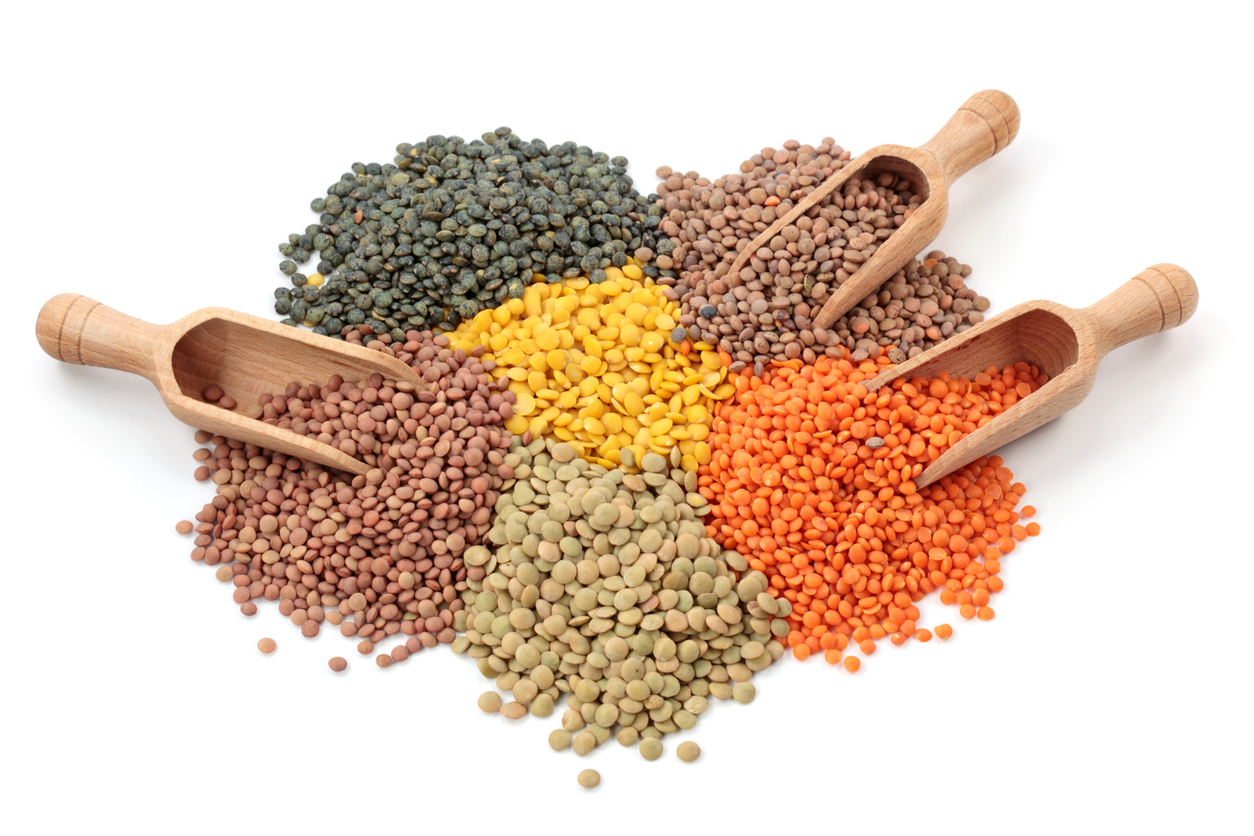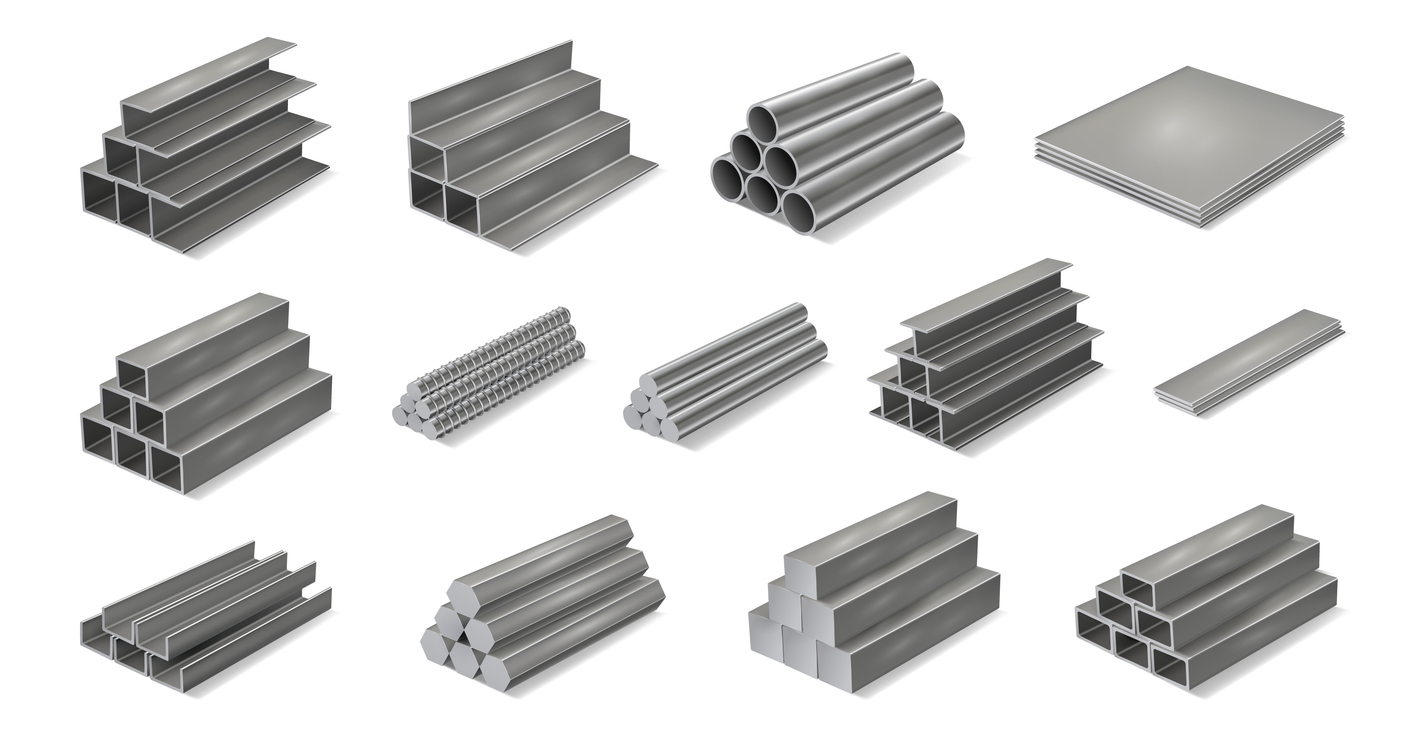Avoid Costly Tariffs with the Right Countervailing Duty Advisory in USA
Understanding Countervailing Duty Advisory in the USA
Navigating the complexities of international trade regulations can be challenging—especially when it comes to countervailing duties (CVDs). For importers and exporters dealing with goods entering the United States, understanding how these duties work and how to stay compliant is essential. That’s where countervailing duty advisory in the USA becomes a crucial service for businesses engaged in global trade.
At Wigmore Trading, we help importers and distributors make informed decisions by providing insights and trade solutions that reduce compliance risks and support smooth market access.
What Are Countervailing Duties?
Countervailing duties (CVDs) are special tariffs imposed by the U.S. government on imported goods that benefit from subsidies provided by foreign governments. These duties aim to level the playing field for domestic producers by offsetting the unfair advantages created by such subsidies.
For example, if a foreign manufacturer receives government assistance—like low-interest loans or export incentives—that makes its products cheaper, the U.S. Department of Commerce may apply CVDs to restore fair competition.
Understanding how CVDs are assessed and applied is critical for importers to avoid unexpected costs and potential penalties.
Why Businesses Need Countervailing Duty Advisory in the USA
Many importers unknowingly face high financial risks because they fail to evaluate whether their goods are subject to CVD investigations. A countervailing duty advisory helps businesses identify, assess, and manage these risks before they impact supply chains.
Key benefits of engaging professional CVD advisory services include:
-
Compliance Assurance: Ensure your imports meet U.S. trade and customs regulations.
-
Cost Management: Minimize exposure to unexpected duties or retroactive tariff adjustments.
-
Market Access: Maintain smooth import processes without disruptions or delays.
-
Strategic Planning: Understand how trade measures affect sourcing and pricing strategies.
Wigmore Trading provides clients with market intelligence and regulatory support that simplify international trade. Our network and experience in import-export logistics, customs documentation, and trade compliance make us a reliable partner for businesses expanding into the U.S. market.
How Countervailing Duty Investigations Work
When U.S. authorities—such as the Department of Commerce and the International Trade Commission—receive a petition alleging that imports are unfairly subsidized, they initiate a countervailing duty investigation.
This process involves:
-
Preliminary Investigation: Evaluating whether subsidies exist.
-
Injury Determination: Assessing whether the domestic industry is being harmed.
-
Final Decision: Imposing duties if the investigation confirms both subsidy and injury.
If CVDs are applied, importers must pay additional duties—sometimes retroactively—on affected products. Businesses that lack proper advisory support may face significant financial losses or shipment delays as a result.
How Wigmore Trading Supports Businesses with Countervailing Duty Compliance
At Wigmore Trading, we understand that every trade transaction involves multiple layers of regulation. Our countervailing duty advisory in the USA helps businesses:
-
Evaluate product eligibility: We analyze whether your goods fall under active CVD cases.
-
Understand tariff implications: Get clear insights into how duties affect your landed cost.
-
Develop compliance strategies: We help you align your sourcing, supplier contracts, and logistics to reduce risk exposure.
-
Facilitate smooth import processes: Our logistics team ensures documentation accuracy and customs clearance efficiency.
With our expertise in international trade logistics, customs compliance, and product sourcing, Wigmore Trading acts as a trusted partner for companies looking to expand their trade footprint safely and profitably.
Practical Steps to Minimize Countervailing Duty Risks
To effectively manage CVD-related risks, importers should:
-
Conduct due diligence on suppliers to determine if subsidies are involved.
-
Work with experienced advisors to interpret U.S. trade laws and duty rulings.
-
Regularly review tariff classifications and ensure accurate product documentation.
-
Leverage trade data to anticipate policy changes or potential CVD petitions.
Wigmore Trading can help you streamline this process through advisory support and real-time updates on duty changes that may affect your business.
Summary
Countervailing duties are a complex but essential part of fair international trade. Importers who understand and prepare for these regulations gain a competitive edge by avoiding costly errors and ensuring compliance.
Whether you’re importing raw materials, FMCG products, or industrial goods into the United States, Wigmore Trading’s countervailing duty advisory in the USA can help you stay compliant, reduce risk, and optimize your trade strategy.
Contact Wigmore Trading today to learn how our trade advisory and logistics expertise can support your business growth.








Comments are closed.